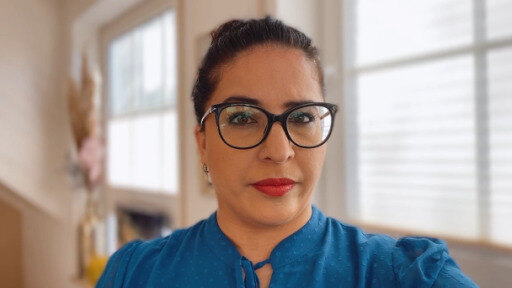Meet DW's Fact Checking team (Part 1)

The skepticism facing legitimate journalism is widespread, due in large part to social media: With an abundance of unverified content and users' ability to immediately share and comment without checking any facts, it is difficult for fact-based reporting to get through to people. Social media platforms are especially susceptible to misinformation, since videos and stories containing false information can spread up to six times faster than accurate news stories.
Exposing misinformation
It is therefore vital that media companies redouble their efforts to be recognized as transparent and credible. Fact checks pick up on deceptive and deliberately misleading stories and examine them from the bottom up.
How exactly does the team go about checking the truth behind news headlines and stories? For this first part of our series on the DW Fact Checking team, we spoke with fact checker Rachel Baig.
Here's what she has to say on the role of media literacy in identifying disinformation:
DW: How do you find the topics to consider for a fact check?
RachelBaig: It's a mix. We scan the news; we receive input from our users asking that we investigate certain topics, and we also look on social media platforms to see what is trending and could be mis-/ disinformation.
How do you decide if a fact check is necessary or relevant?
There are different criteria we use to decide whether a fact check is needed. One is the relevance of a topic; is it of interest to a small group of people or for a bigger audience? So, if a topic is only a very local German topic and doesn’t have much influence throughout Germany, we would rather decide against doing a fact check. Or we would only produce it in German. However, if it is, for example, a story from Pakistan, for instance about the recent floods, but has an impact or is of greater interest for an audience outside of Pakistan as well (because the claims being made are about the responsibility of the West for the climate change causing the floods) then we decide to do it.
This interview is the first in a series of three articles about DW's fact checking team for the DW Figures page. In part 2, we spoke to fact checker Tetyana Klug and Joscha Weber, Head of DW Fact Checking. In the third part, we learn more about the motivation of video journalist and fact checker Anwar Ashraf.
Edited by David Keuck.

